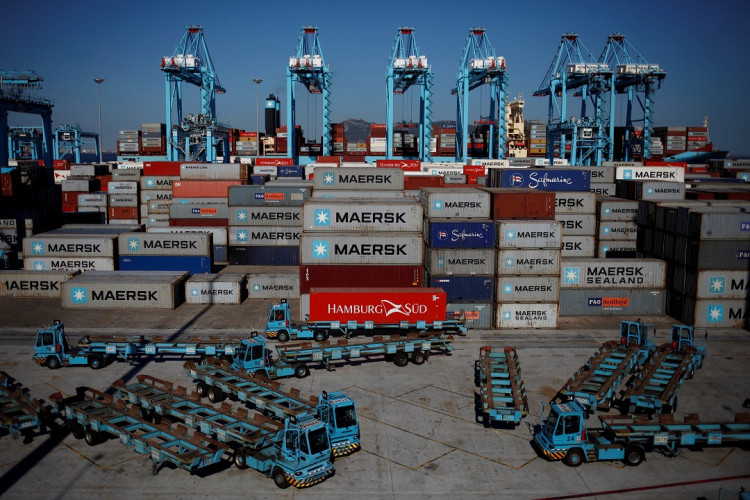Expectations among the U.S. business community China and the United States will reach a deal to either mitigate or end Trump's trade war this year are practically non-existent.
Optimism the next round of trade talks scheduled after October 15 might lead to something significant were dashed last week when a Chinese delegation unexpectedly cut short its preliminary negotiations in Washington D.C. to head back to China.
The Chinese, led by Vice Minister for Agriculture and Rural Affairs Han Jun, were scheduled to visit American soybean farmers in Montana and Nebraska before their sudden pull out. The Chinese gave no reason for cancelling the farm visits.
U.S. Secretary of Agriculture Sonny Perdue confirmed the farm visit was scheduled as a way for China to build goodwill with American farmers, especially soy farmers hit by China's multi-billion dollar boycott of their product. China bought some 60 percent of total U.S. soybean exports in 2018 and remains the world's top buyer of soybeans.
The cancellation shattered hopes China might restart buying soybean and other U.S. agricultural goods, which China cut-off in April in retaliation against president Donald Trump's punitive tariffs.
China bought more than $5.9 billion in U.S. farm product in 2018, according to the U.S. Bureau of Census.
The China trade talks are 'kind of frozen,' said Margery Kraus, founder & Executive Chairman of APCO Worldwide, an independent global public affairs and strategic communications consultancy based in Washington, D.C.
Investors are also souring on the idea Trump can make the "big deal" he brags about with the Chinese.
Hamilton Evans "Tony" James, executive vice chairman of The Blackstone Group Inc., said even a "smaller (trade) deal" might help to lift business confidence badly shaken by Trump's intractable trade war.
James said a modest deal might include agreements on what he called "easy items" such as China buying more U.S. agriculture products. This deal envisioned by James will not include Trump's major demands, which are also major sticking points, such as addressing China's pernicious theft of U.S. intellectual property, generous subsidies to state-owned enterprises (SOEs) and structural changes to China's command economy.
The Blackstone Group Inc. is multinational private equity, alternative asset management, and financial services firm that's also the largest alternative investment firm in the world. An alternative investment is an investment or fund that invests in asset classes other than stocks, bonds, and cash. Among others, it includes tangible assets such as precious metals, art, wine, antiques, coins, real estate, and commodities, for example.
"I wouldn't underestimate the importance of getting the easy items agreed," said James to CNBC. "Even a small deal would send the message that both countries are willing to talk, which would help business confidence."
"More importantly, though, if there's no trade deal, there's no basis for continuing discussion between the countries, there's no commonality of interests. And I worry at that point it could spiral out of control to become much more hostile, much more adversarial and ultimately cold war-ish," he pointed out.
James, however, admitted that compared to 2018, he's now less optimistic the U.S. and China trade war can be resolved.
I'm still optimistic, but less optimistic ... I suspect now it'll be smaller than what I was anticipating last year, and less certain," he said about the prospects for a trade war truce.






